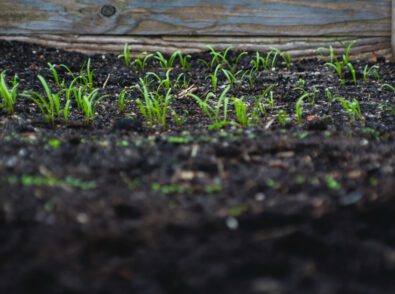
Bioactive landfills are a more environmentally friendly alternative to traditional landfills. Also referred to as bioreactor landfills and biologically active landfills, these areas prioritize the decomposition of organic and biodegradable wastes. In this kind of municipal solid waste landfill (MSWLF), moisture is added to enhance bacterial activity and speed up decomposition. Depending on the type […]
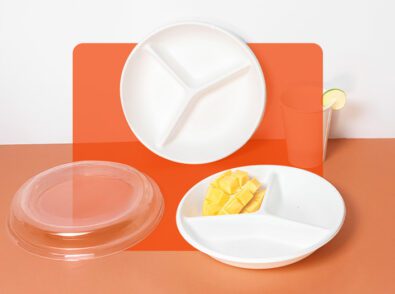
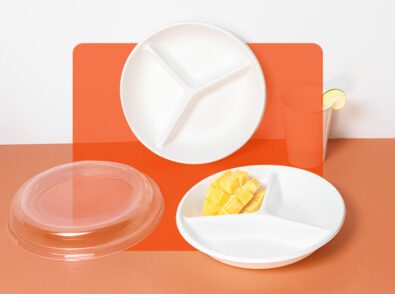
With the ever-increasing demand for more sustainable solutions, many restaurants and event planners are opting for eco-friendly plate alternatives. Whether you manage or own a fast-food outlet or plan parties, our list of some of the top compostable plates can get your research going and help you make an informed decision. How to Choose the […]
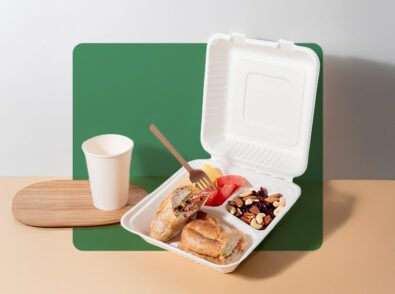
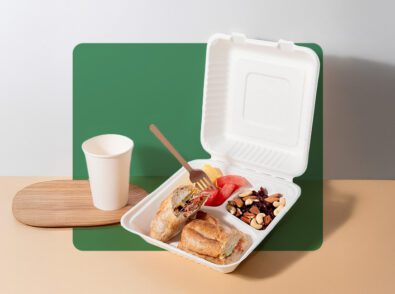
There’s no denying that takeout is a convenient service. However, being conscious of the packaging you use can make your business more environmentally friendly and help build customer relationships. If you’ve been considering switching from non-compostable to compostable options, read on to discover the top compostable packaging manufacturers who are offering more sustainable solutions. Why […]


With rising consumer awareness around plastic pollution and sustainability, many business owners feel a strong responsibility to reduce their business’s environmental footprint. One way to do so is to explore eco-friendly cutlery options — traditional plastic products contribute significantly to waste in landfills and oceans. Eco-products, including disposable cutlery, have a lesser environmental impact and […]
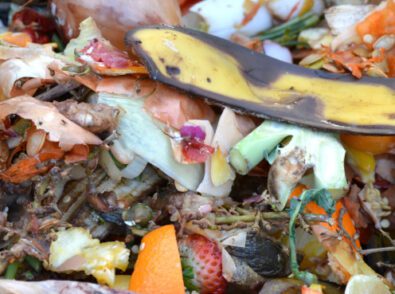

What Does Compostable Mean? Compostable products are products that can undergo aerobic biological decomposition. In other words, they decompose naturally over time in the presence of oxygen. This process can occur in a compost system where all the material breaks down into the basic parts—biomass, water, carbon dioxide (CO2), and inorganic compounds—which are all nutrients the […]
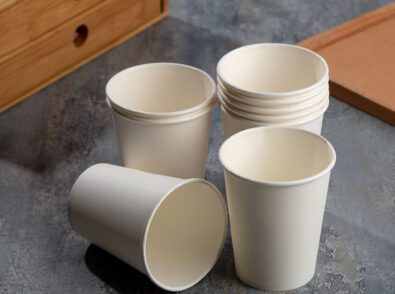

Living sustainably means making conscious choices about the products we use in our daily lives and businesses. In the food service industry, disposable takeout cups and lids are a staple, but it’s vital to choose a disposable cup that minimizes environmental impact.
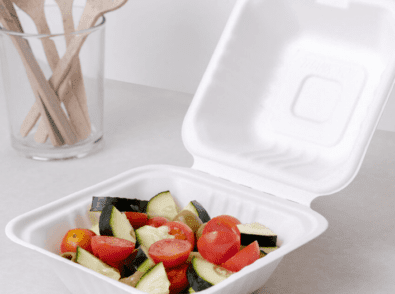

Most people are acutely aware of the plastic pollution crisis the world is facing today. It’s arguably the single most destructive thing humans have introduced to the planet, polluting our oceans, waterways, and land, poisoning animals, and even finding its way into human blood where it may lodge in organs, damage cells, and lead to chronic illness or premature death.
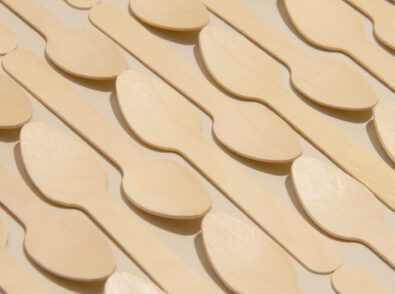

Regarding single-use plastics, you may have heard of the different types of plastic alternatives out there. From compostable to biodegradable to marine degradable, it can get a bit confusing. And I’m not going to lie; sometimes it is.
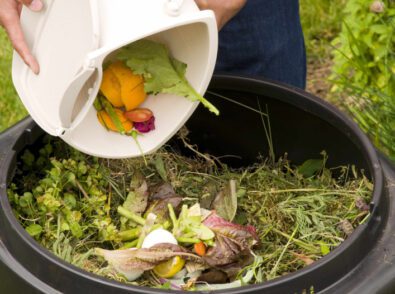

If you are concerned about climate change and looking for ways to do better for our planet, home composting may have crossed your mind. Today, we’ll explore the best ways to compost at home.
You’ll learn what products can be composted and, perhaps more importantly, what compostable products must be disposed of through an industrial composting program.
